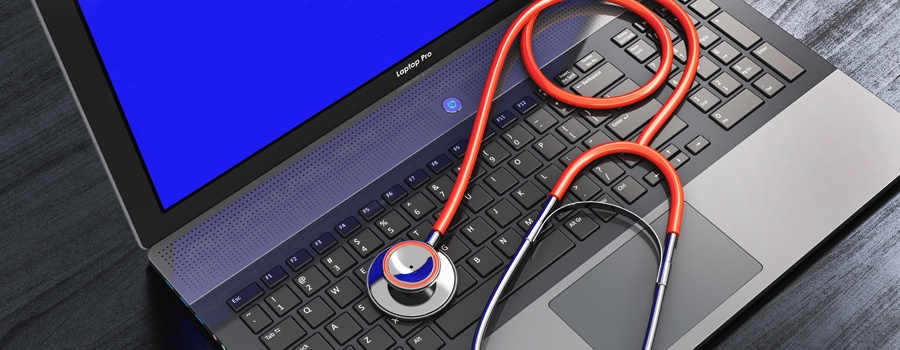Tag: privacy
-
The Delivery and Confidentiality Challenges in Rural Health Care Explained
Medical practices in rural settings face a host of concerns, such as how emergency protocols may differ from urban areas, difficulty in finding nurses (according to a recent Friday Letter from the Alabama Hospital Association, registered nurses are the third most in-demand jobs), and difficulty in finding appropriate training for staff. In small towns/rural settings,…
-

How Are HIPAA Breaches Impacting Alabama?
HIPAA enforcement reached an all-time high in 2018, with financial settlements ranging from $100,000 to $16,000,000. The Department of Health and Human Services (HHS) Office of Civil Rights (OCR) is responsible for providing oversight and ensuring HIPAA compliance. Last year alone, OCR resolved a total of 25,089 complaints of HIPAA violations and required at least…
-

Record Year for HIPAA Enforcement
In the current environment of regulation reduction, it is notable that the Department of Health and Human Services (HHS) received a record $28.6 million dollars in publicized settlements and judgments for HIPAA violations in 2018. These numbers surpass previous years with the closest year on record being 2016 in which HHS collected $23.5 million dollars.…
-

Medical Association Chooses PCIHIPAA to Help Benefit and Protect Its Members
MONTGOMERY – The Medical Association of the State of Alabama has partnered with PCIHIPAA to help protect its members from the onslaught of ransomware attacks, HIPAA violations and data breaches impacting Alabama physicians. Under HIPAA’s Security and Privacy Rules, health care providers are required to take proactive steps to protect sensitive patient information. “The Medical Association services more…
-

HIPAA and the Holidays
As the holiday season builds momentum we are faced with numerous distractions like holiday decorations, taking advantage of online sales and soaking in the traditions that we look forward to each year. But this season of joy and giving should also be met with a heightened sense of awareness and adherence to HIPAA policies and…
